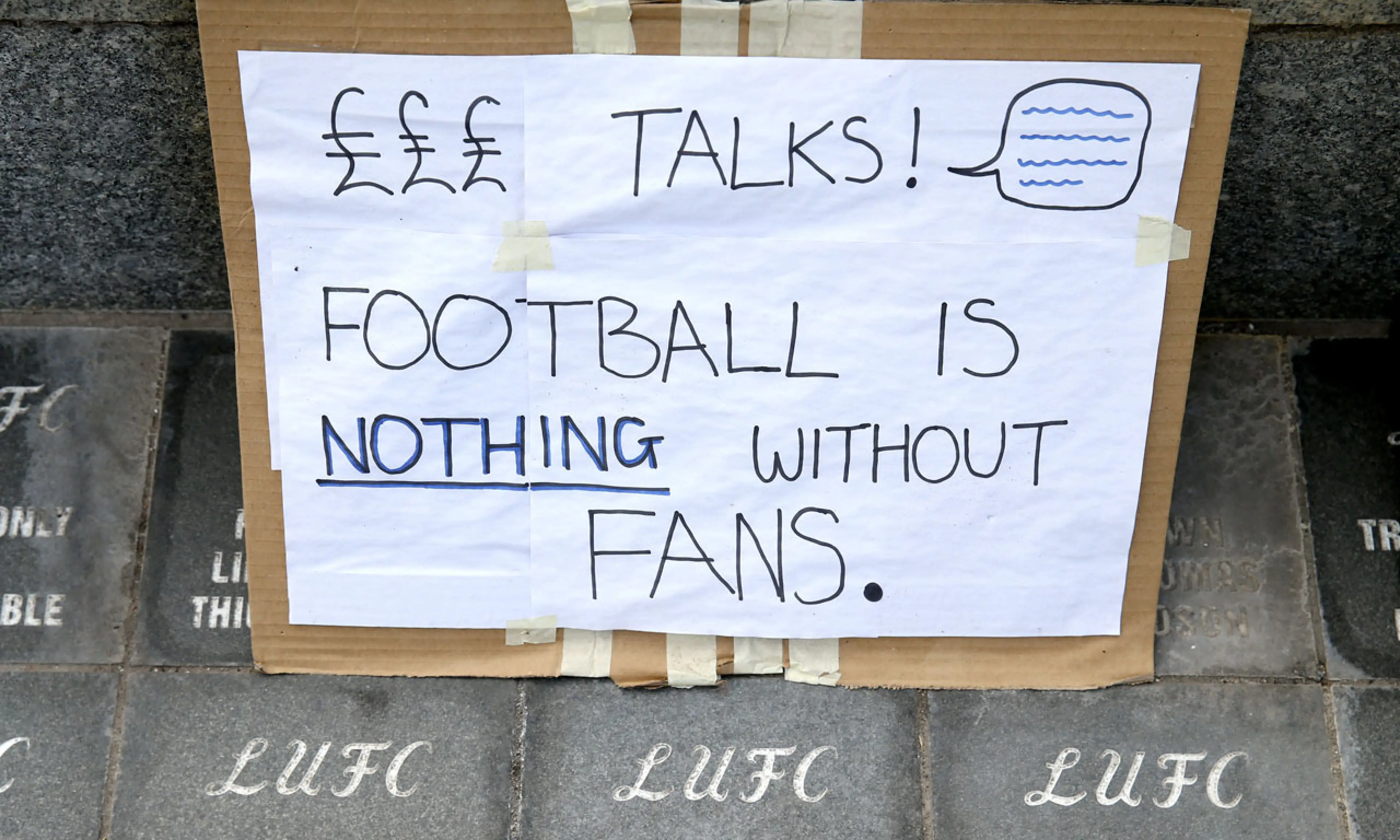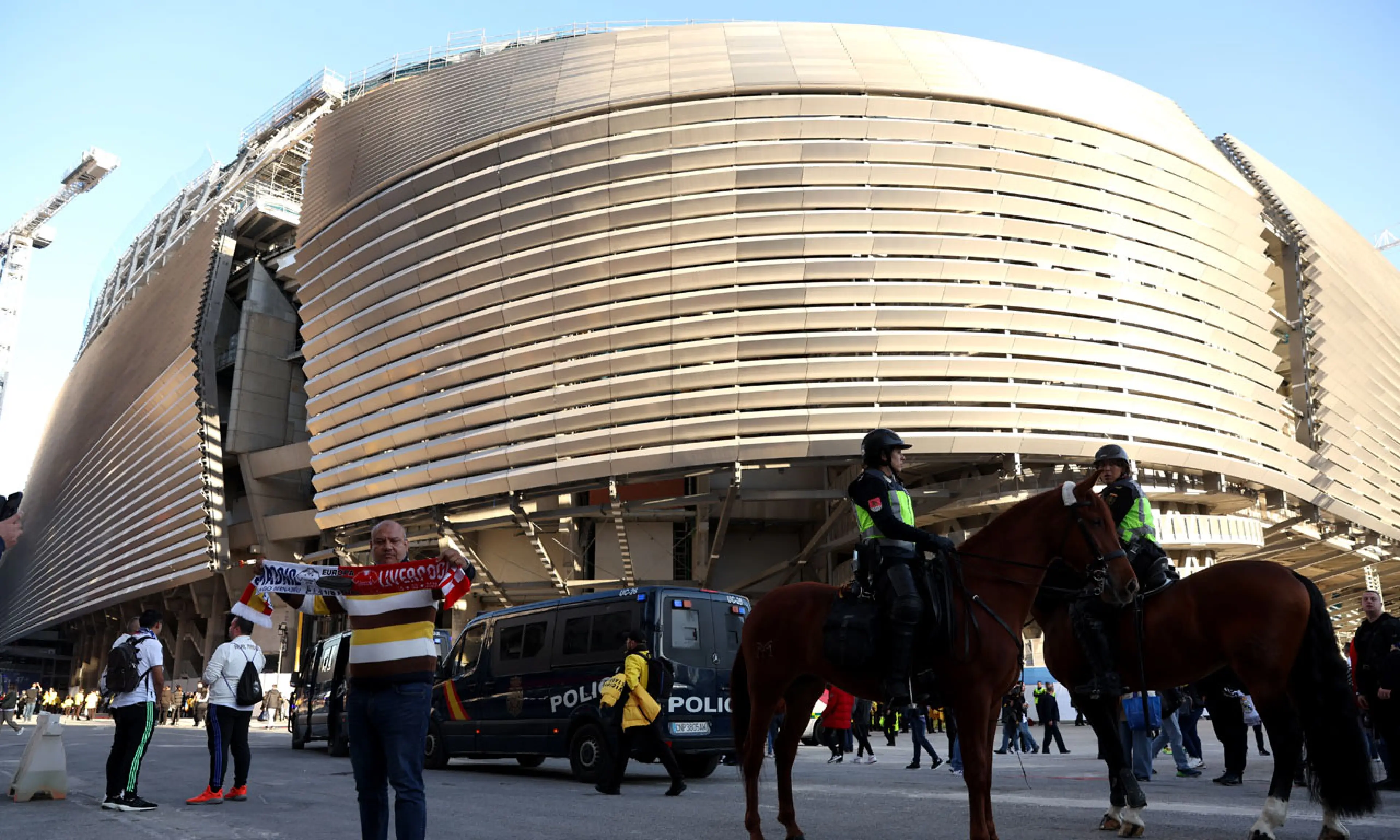What ECJ ruling means for the European Super League
Published:
All you need to know about European Super League
International club football faces a potentially fragmented and uncertain future after UEFA and FIFA regulations giving them the right to block new competitions such as the European Super League were ruled to be contrary to EU law.
Here, we take a closer look at the issues following the ruling by the European Court of Justice.
What has happened?
The 15 judges comprising the Grand Chamber of the European Court of Justice had been asked to decide whether UEFA and FIFA’s moves to block the formation of the European Super League in 2021, and then sanction those clubs involved, breached EU competition law.
The court found those rules to be contrary to EU law, and that UEFA and FIFA had abused a dominant position in the market by not having suitable conditions and criteria which could give rival promoters access to the market.
What does this mean?
Let’s start with what it doesn’t mean. The court stresses that the ruling does not necessarily give approval to the European Super League as it was proposed in 2021.
The future of football is free.
We are proposing a state-of-the-art streaming platform to allow fans to watch every game for free. #BetterForFootball
Discover more about Unify: pic.twitter.com/QXyU3pKhwF
— A22 Sports (@A22Sports) December 21, 2023
What it does appear to do is to give companies like A22, formed to assist with the creation of a European Super League, the right to pitch a new football competition and for their application to be judged on criteria which are “transparent, objective, non-discriminatory and proportionate”.
Why is this a shock?
Because last December the Advocate General in the case gave a non-binding opinion which found UEFA and FIFA’s rules allowing them prior approval were compatible with EU law. In 80 per cent of cases an AG’s opinion is followed in the final ruling – this case is therefore one of the exceptions. Grand Chamber rulings are binding and cannot be appealed.
What is the new proposal?
A22 has proposed a new 64-team men’s competition, featuring 16 teams in the Star League, 16 in the Gold League and a 32-team Blue League.
The leagues will feature promotion and relegation, with 20 teams qualifying via domestic performance each season into the Blue League, though A22 said more work and dialogue was needed to determine precisely how those 20 teams would qualify.
The women’s competition it proposes features 32 teams split into a Star and Gold League of 16 teams each. In both men’s and women’s competitions, the top eight teams in each league would play a knockout tournament.
What has the reaction been?
Manchester United, one of the 12 clubs who founded the controversial Super League in 2021 before withdrawing amid fan protests, say they are committed to the existing competitions.
“Our position has not changed,” the club said in a statement. “We remain fully committed to participation in UEFA competitions, and to positive co-operation with UEFA, the Premier League, and fellow clubs through the ECA on the continued development of the European game.”
United's response to today’s European Super League judgement.#MUFC
— Manchester United (@ManUtd) December 21, 2023
Bayern Munich, who refused to join the Super League back in 2021, and Atletico Madrid – one of the original founding clubs – also gave their support to UEFA.
But A22 said the binding ECJ ruling means “football is free”.
Since the ECJ announcement A22 has already presented proposals for new “open and meritocratic” men’s and women’s competitions at European level that would clearly directly rival existing UEFA tournaments if ultimately approved.
A22 says fans will be able to watch live matches for free on a streaming platform called Unify, to be paid for through advertising.
Fan groups remain resistant to anything resembling the 2021 Super League, with Football Supporters’ Association chief executive Kevin Miles describing it as “a walking dead monstrosity” and insisting “no English club will be joining”.
European football’s governing body UEFA insisted the ruling was not “an endorsement or validation” of the Super League project. It also remains convinced that the authorisation rules it introduced in June 2022 are “robust” and comply with European law.
“We trust that the solidarity-based European football pyramid that the fans and all stakeholders have declared as their irreplaceable model will be safeguarded against the threat of breakaways by European and national laws,” UEFA said.
Real Madrid president Florentino Perez, who was one of the key architects of the 2021 project, said the ruling meant clubs were now “masters of their own destiny”.

Arch rivals Barcelona also supported the ruling.
A Barca statement read: “FC Barcelona would like to express its satisfaction with the ruling of the Court of Justice of the European Union (CJEU) in which the Super League project proposed by A22 Sports is endorsed.
“As one of the driving forces behind the Super League, FC Barcelona believes the ruling opens the way to a new top-level football competition in Europe by opposing the monopoly over the football world, and wishes to initiate new discussions as to the path that European competitions should take in the future.”
Does this mean a Super League will happen?
No, it simply says UEFA’s rules governing access to the market were found to be contrary to EU law. A court judgement does not mean a Super League is inevitable – for a start it requires clubs to be willing. Premier League teams are looking forward to sharing in a £6.7bn bonanza in their next domestic television deal, and the new independent regulator is set to impose licensing conditions precluding clubs from joining certain competitions.
And aside from clubs, the first iteration of Super League in 2021 was deeply unpopular with English fans. A22 faces a huge PR battle to convince supporters of the merits of any new competition it proposes.








